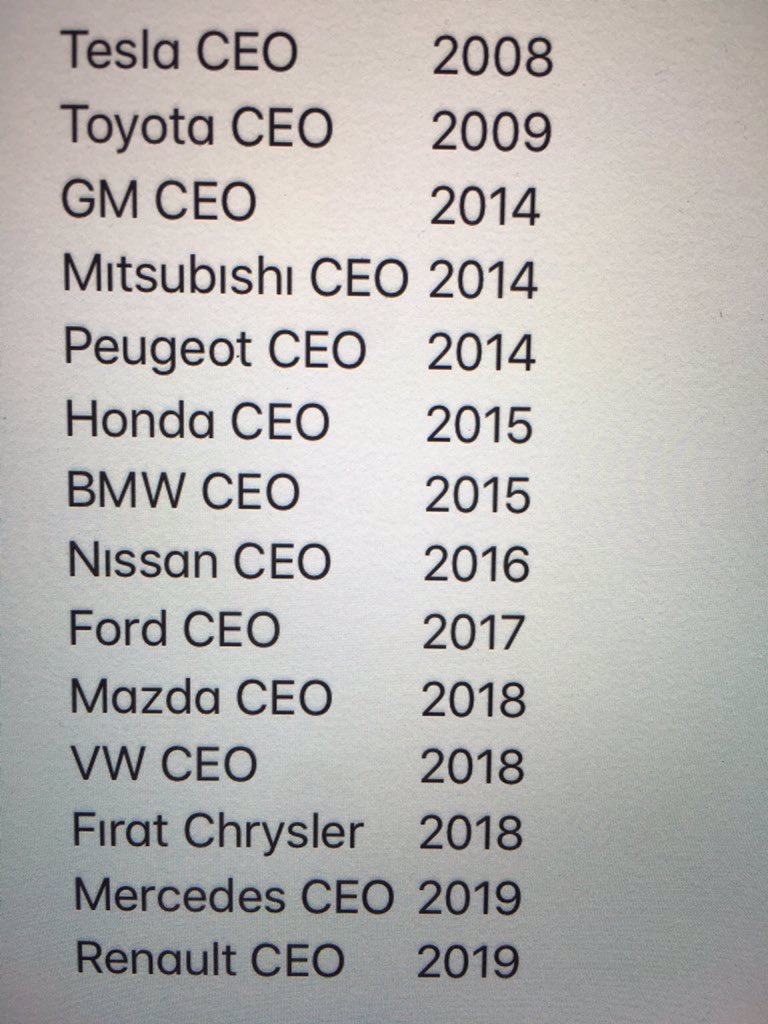That's not even close to being true, even if the retirement of fossil cars doesn't accelerate (and it almost certainly will).
One error you made is that you assumed that when we reach 100% electric sales that half of all cars on the road aren't already electric. It all depends on how fast the EV adoption curve unfolds. I think what you meant to say is, "Since the average age of cars on the road is 12 years, assuming none of them are currently electric, if sales suddenly switched to from 100% ICE to 100% EV's then it would be *six* years before half of the cars on the road are electric." And even that is not exactly correct due to age distributions. But in any realistic scenario, the percentage of gas cars will decline to 50% long before 100% of new cars sales are electric.
Big difference. And I'm looking forward to the day when I can breathe easier because only half the cars on the road are fossil powered. In the US, the transformation to 50% will happen more quickly than most people assume and it will be primarily due to personal economics, convenience factors and desirability, not government mandates.



